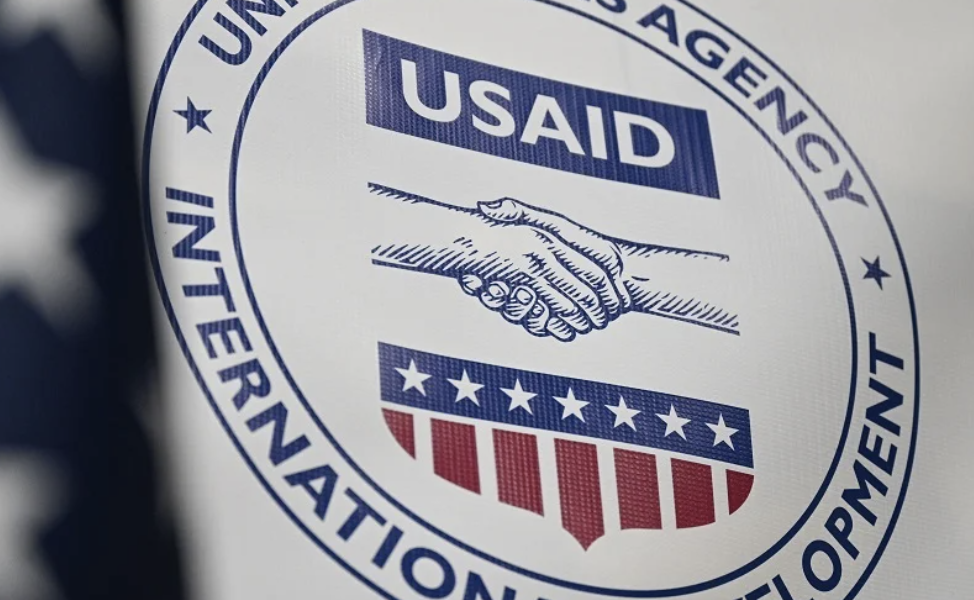United States Agency for International Development logo PHOTO Virginia, United States
The news that U.S. Senator Marco Rubio presented about a dramatic 83% USAID funding reduction demonstrates a substantial adjustment in worldwide assistance operations. Terminating over 5,200 contracts that dispersed billions of funds produced limited national benefits, resulting in significant changes in worldwide aid distribution. Due to this announcement, most African nations receiving significant foreign aid face both severe difficulties and exciting possibilities.
Geopolitical Implications of USAID Cuts
This reduction in USAID funding goes beyond economics because it creates substantial geopolitical effects. Additional worldwide influences like China and Russia may step in to complete the gap left by diminishing foreign aid since these entities have brought more investments and infrastructures into African development. The battle for influence between external powers will redefine global alliances and reshape African diplomatic activities internationally.
Historical Context: Aid Dependency in Africa
Foreign assistance has brought advantages and disadvantages to African national interests for decades. Foreign aid has solved emergencies and development needs but simultaneously established dependence, which blocks African nations from developing their solutions independently. This reduction might be a necessary trigger for African societies to build their independent development strategy.
Countries Most Affected by USAID Cuts
Seven nations experienced the most significant impact from USAID budget reductions: South Sudan, Somalia, Liberia, DR Congo, Uganda, Ethiopia, and Sudan. The gross national income of South Sudan derives from 25% and Somalia from 23% of official development assistance. Cutbacks will have significant adverse effects on healthcare provisioning, emergency management capabilities, and the development of critical infrastructure.
Turning Crisis into Opportunity
The sudden withdrawal of international assistance will be uncomfortable, allowing Africa to establish sustainable economic frameworks. This event compels governments to depart from external aid dependence while focusing on domestic resource development. Africa has the opportunity to create substantial governance changes, economic policy reforms, and regional partnership initiatives during this critical period.
Steps to Self-Reliance
- To facilitate lasting economic growth, executive control must focus on agriculture, technology, and education investments.
- The government should enable businesses to use their expertise to generate employment opportunities while reducing state financial responsibilities through job creation and innovation.
- African governments should support endeavors under the African Continental Free Trade Area (AfCFTA) to enhance trade partnerships between African nations, which decrease outside market influence.
- Rwanda established a self-reliance program through its policies, which combine governance standards with accountability measures alongside local development projects to decrease dependence on foreign aid. The described model demonstrates a path that other nations across Africa can replicate.
The immediate adverse impacts of cutting aid serve as an essential turning point for Africa to establish lasting economic development. Successful leadership alongside strategic development and self-reliance will enable Africa to become stronger and more independent.





